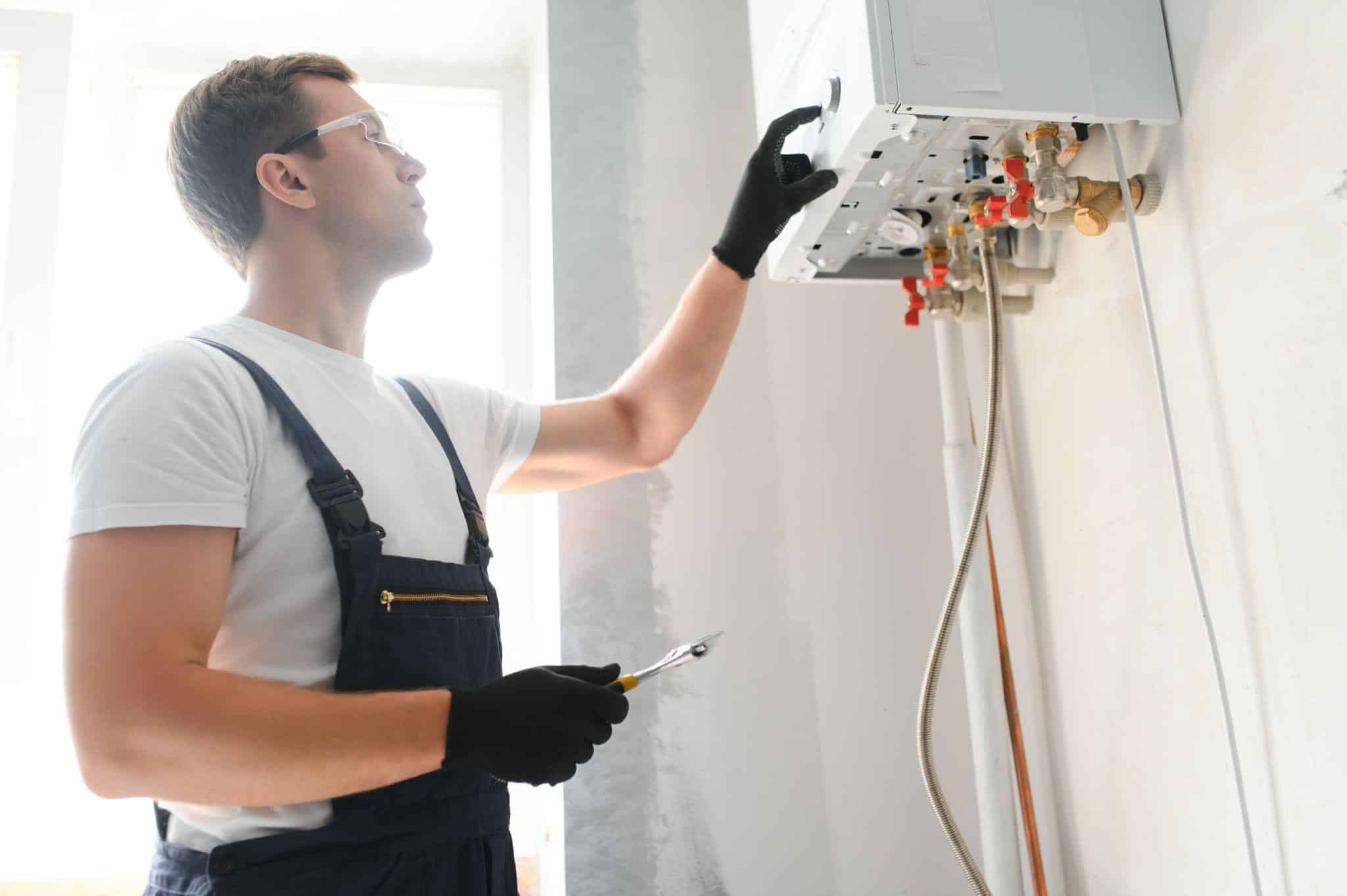Hot water is not just a luxury; it’s a necessity. From morning rituals to cleaning and cooking, its significance is unparalleled. Yet, this essential resource can be compromised by the stealthy menace of leaks. Understanding the impact of leaks on hot water systems and taking proactive steps for detection and repair not only preserves this vital resource but also ensures the efficiency and longevity of your water heating system.
Detecting Hot Water Leaks
The stealthy nature of hot water leaks means they often go unnoticed until they cause significant damage or lead to a noticeable increase in utility bills. Being vigilant about the signs can help you catch and address leaks early:
- Unexplained Increase in Utility Bills: A sudden spike in your water bill without increased usage signals a leak.
- Running Out of Hot Water Faster Than Usual: If you notice your hot water supply depleting quicker than it used to, it could indicate a leak in the system.
- Sounds of Dripping or Running Water: These sounds, especially when no faucet is in use, can point directly to a leak in your hot water system.
DIY Leak Checks
Before calling in the professionals, there are a few checks you can perform:
- Visual Inspection: Regularly inspect your water heater and nearby pipes for signs of moisture, corrosion, or water pooling.
- Check the Pressure Relief Valve: Sometimes, leaks can stem from the pressure relief valve on your water heater, which might simply be doing its job to relieve excess pressure but can also indicate an issue if the leaking persists.
- Listen for Dripping Sounds: In quieter moments, listen for any dripping or running water sounds coming from the water heater area, as these can indicate leaks.

When to Seek Professional Help
While some leaks can be spotted and temporarily contained by homeowners, there are situations where professional intervention is necessary:
- Inaccessible Leaks: If the source of the leak cannot be found or is in a location that’s difficult to access, it’s time to call in the experts.
- Water Heater Malfunction: Issues directly involving the water heater, such as a leak from the tank itself, require professional repair or replacement.
- Persistent Problems: If leaks recur or your hot water supply is consistently insufficient, professional diagnostics can identify and solve the root cause.
- Age of the Water Heater: If your water heater is nearing or has surpassed its expected lifespan (typically around 10-15 years for conventional tanks), it’s wise to consult with a professional. Aging units are more prone to leaks and inefficiencies, and a professional can advise whether repair or replacement is the best course of action.
- Water Quality Issues: If you notice discolored water or sediment in your hot water, it could indicate corrosion or sediment buildup inside the tank, requiring professional inspection and possibly cleaning or replacement.
- Fluctuating Water Temperatures: Should you experience inconsistent water temperatures without any changes to your settings, it might suggest a malfunction within the water heater itself, such as issues with the heating elements or thermostat.
- Expansion Tank Problems: For homes with closed-loop systems equipped with an expansion tank, issues with this tank can lead to pressure problems and leaks. A professional can assess whether the expansion tank is functioning correctly and make necessary adjustments or replacements.
Preventative Maintenance for Water Heaters
Proactive maintenance is key to preventing leaks and ensuring your hot water system operates efficiently:
- Annual Inspections: Have a professional inspect your water heater and plumbing annually to catch any potential issues early.
- Temperature Setting Adjustments: Ensure your water heater’s temperature is set within the recommended range to prevent overheating and reduce the risk of leaks.
- Drain the Tank Annually: Sediment can build up in the tank over time, leading to corrosion and leaks. Draining the tank annually helps remove this sediment and maintain the health of your water heater.
Securing Your Hot Water System
The indispensability of hot water in our daily lives underscores the importance of vigilance against leaks. Recognizing the early signs of a leak, performing regular DIY checks, and understanding when to call in professionals are critical steps in safeguarding your hot water supply. Moreover, adopting a routine of preventative maintenance for your water heater can stave off leaks, save on energy and water costs, and extend the lifespan of this crucial appliance. Addressing hot water heater leaks promptly not only protects your home from potential damage but also ensures that this essential resource continues to flow freely, supporting the comfort and needs of your household.
